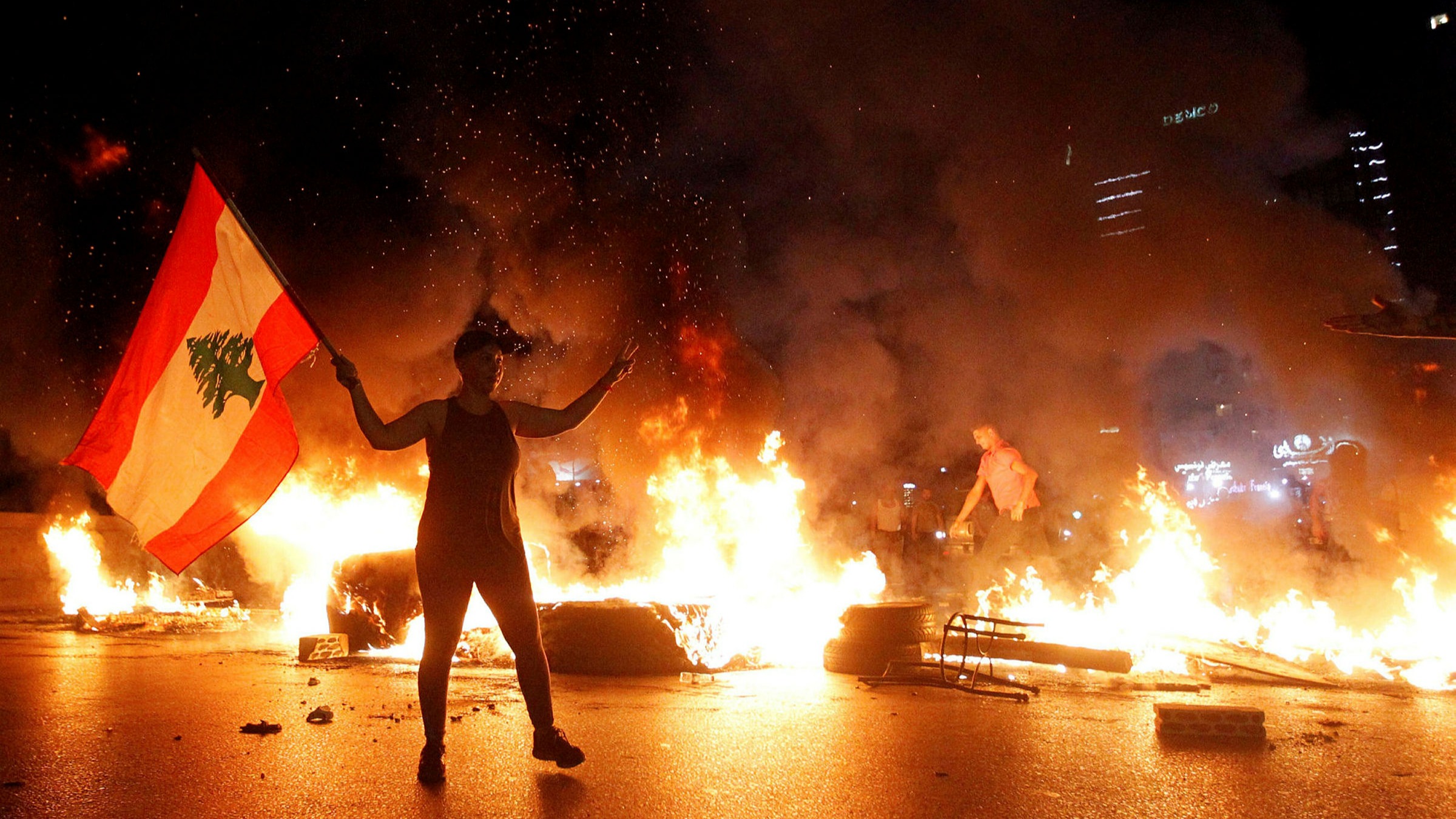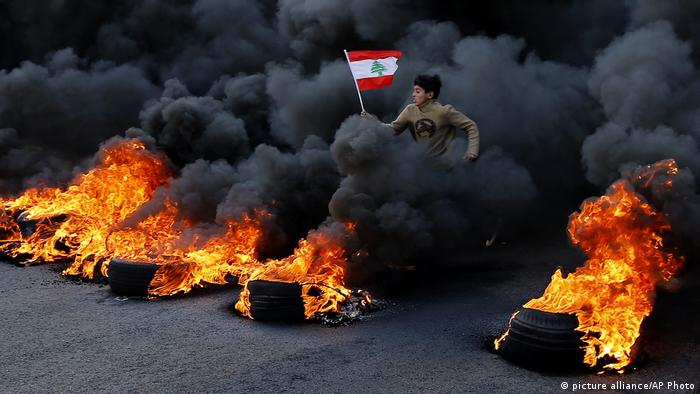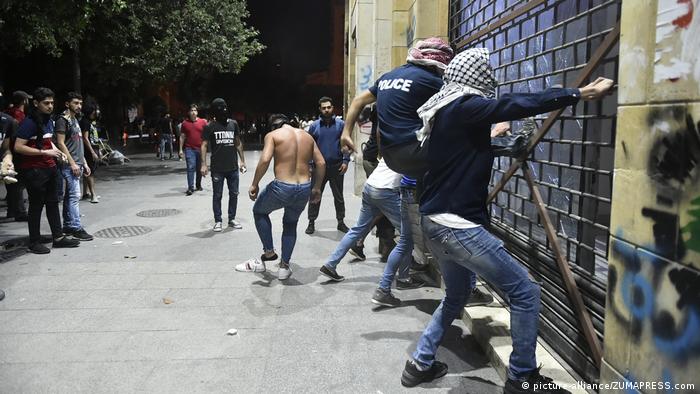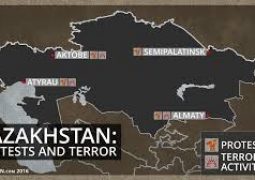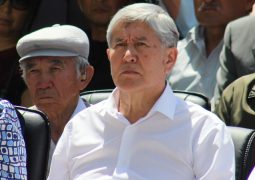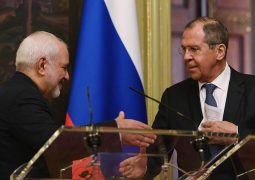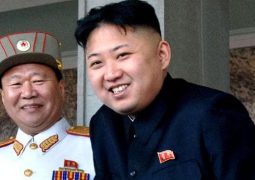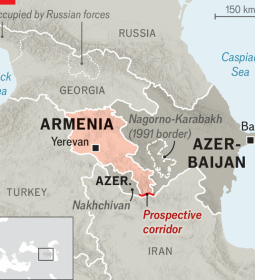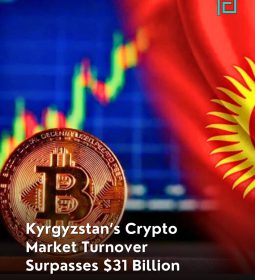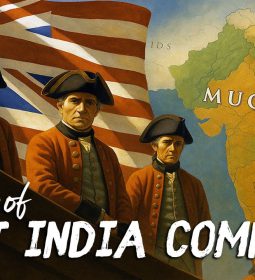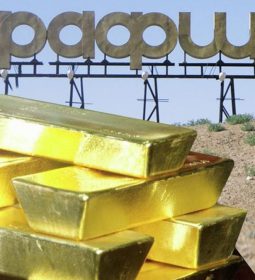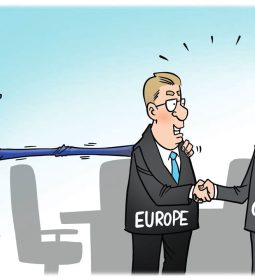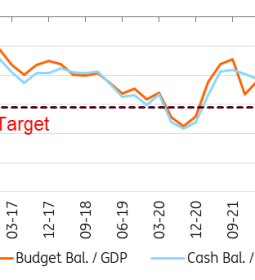Catch 202: Tsu Tsvang in Lebanon: Beirut faces its worst crisis since the civil war
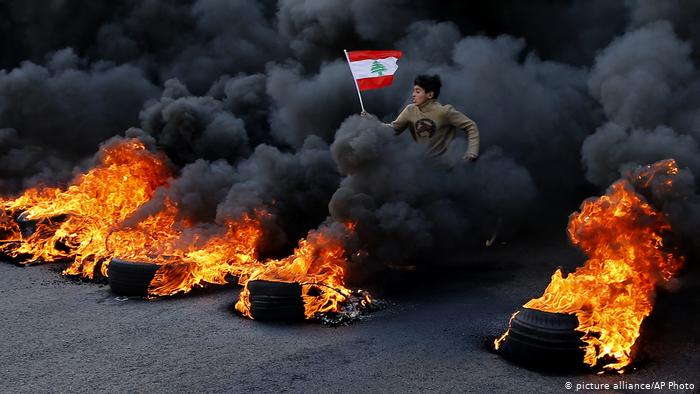
A confluence of government malpractice, economic instability and external interference has driven Lebanon’s devastating crisis. Without significant change, there are concerns it could persist indefinitely.
Lebanon is on the brink and has been for a while. For years, the Lebanese economy has struggled under the weight of excessive national debt and the politics of sectarianism. But the latest crisis has made visible a collapsing social contract with no immediate prospect for renewal.
Political inaction and the devaluation of the Lira, Lebanon’s official currency, have contributed to a growing wave of anger, frustration and desperation. Last week, several individuals took their own lives, with local media reports suggesting that the suicides were linked to economic hardship caused by the crisis.
One of the men, who shot himself on a central street in Beirut, left behind a note that read: “I’m not a heretic,” a line from a song by renowned Lebanese composer Ziad Rahbani. The lyric concludes: “But hunger is heresy.”
and push for wider political reforms, little of which has seen significant progress since last year. That leaves Lebanese with little more than their own devices to survive what has been described as the country’s worst crisis since the civil war ended in 1990.
Confluence of crises
Last year, a survey found that a majority of Lebanese — 45% of respondents — believed the economy was the most important challenge facing the country, with a lack of public services and corruption comprising the top responses, trumping other issues such as internal security or political representation.
That sentiment has become ever more prescient with the depreciation of Lebanon’s national currency. Since October, the Lira has lost more than 80% of its value while the US dollar, long considered an integral part of the Lebanese economy, has all but disappeared from the black market.
As a result, it has become harder for Lebanese to buy basic food and supplies. The economic situation is compounded by bare shelves at grocery stores and chronic power cuts. But economic instability isn’t the only factor fueling the crisis.
Decades of government malpractice and external interference have effectively crippled the country’s ability to seek out international assistance to stabilize the economy, according to Aram Nerguizian, senior associate at the Washington-based Center for Strategic and International Studies (CSIS).
“You’ve had generations of political leadership, from 1990 to the present, who have not enacted the kinds of systemic shifts that would take Lebanon towards an economic model that is sustainable,” said Nerguizian.
‘Erosion of press freedom’
For Romy Haber, an independent Lebanese journalist, the crisis has fueled another dangerous shift in a country otherwise considered a beacon of tolerance in the region.
“The saddest part is the erosion of press freedom in the country,” Haber said. “Lebanon used to be a refuge for persecuted journalists and activists from the region. Today, freedom of speech in Lebanon is under threat. Every week they summon activists and journalists, often over their social media posts.”
Haber said several outlets, including newspapers and radio stations, have either stopped paying their employees or cut their salaries. Even those who continue to receive compensation for their work have seen their income become a fraction of what it was worth before the crisis due to currency depreciation.
“Every sector and industry in the country is suffering,” Haber said. “The media industry is no different.”
The elephant in the room
Outside the complex array of issues Lebanon faces, there remains one factor that could influence the country’s course possibly more than any other: the Iranian-backed militant group Hezbollah.
CSIS’ Nerguizian said its current political involvement makes it even more difficult for the Lebanese government to seek out international assistance, especially at a moment when Western countries are focused on domestic issues such as kick starting economies after the coronavirus pandemic.
Instead, a fresh, Western-oriented government could provide a greater semblance of confidence for investors and likely embolden efforts for an internationally-supported stabilization program. Without international assistance, Lebanon potentially faces indefinite instability.
“We are quickly coming to the kind of focal point where things that were viewed as immutable and unchanging are going to have to change,” said Aram. “There will have to be discussions about what kind of trajectory the country is going to take, which players will have to recalibrate, and what the risk of not recalibrating fast enough might be.”
- Previous Over million international students could be made to leave, including 369,548 Chinese and and 202,014 Indians
- Next Atomic Dooms Day scenario comes back for discussion by wider public: What are the reasons!?


